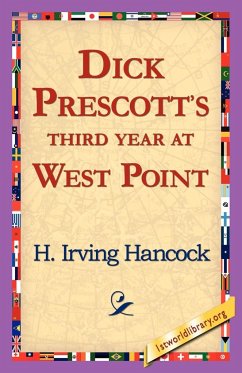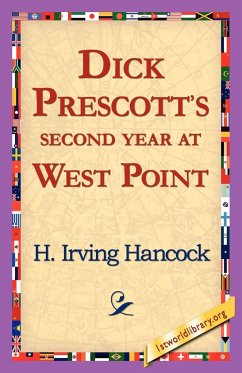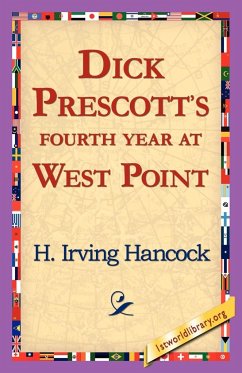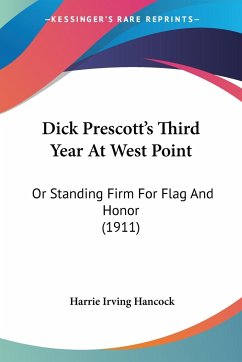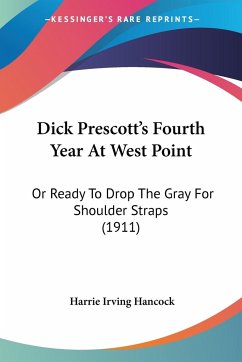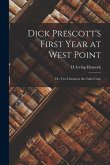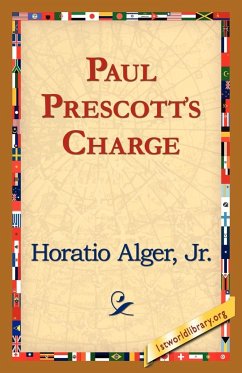My son, Richard. He is home on his furlough from the Military Academy at West Point. Words would fail in describing motherly pride with which Mrs. Prescott introduced her son to Mrs. Davidson, wife of the new pastor. "I am very glad to meet you, Mr. Prescott," said Mrs. Davidson, looking up, for up she had to glance in order to see the face of this tall, distinguished-looking cadet. Dick Prescott's return bow was made with the utmost grace, yet without affectation. His natty straw hat he held in his right hand, close to his breast. Mrs. Davidson was a sensible and motherly woman, who wished to give this young man the pleasantest greeting, but she was plainly at a loss to know what to say. Like many excellent and ordinarily well-informed American people, she had not the haziest notions of West Point.
Hinweis: Dieser Artikel kann nur an eine deutsche Lieferadresse ausgeliefert werden.
Hinweis: Dieser Artikel kann nur an eine deutsche Lieferadresse ausgeliefert werden.

